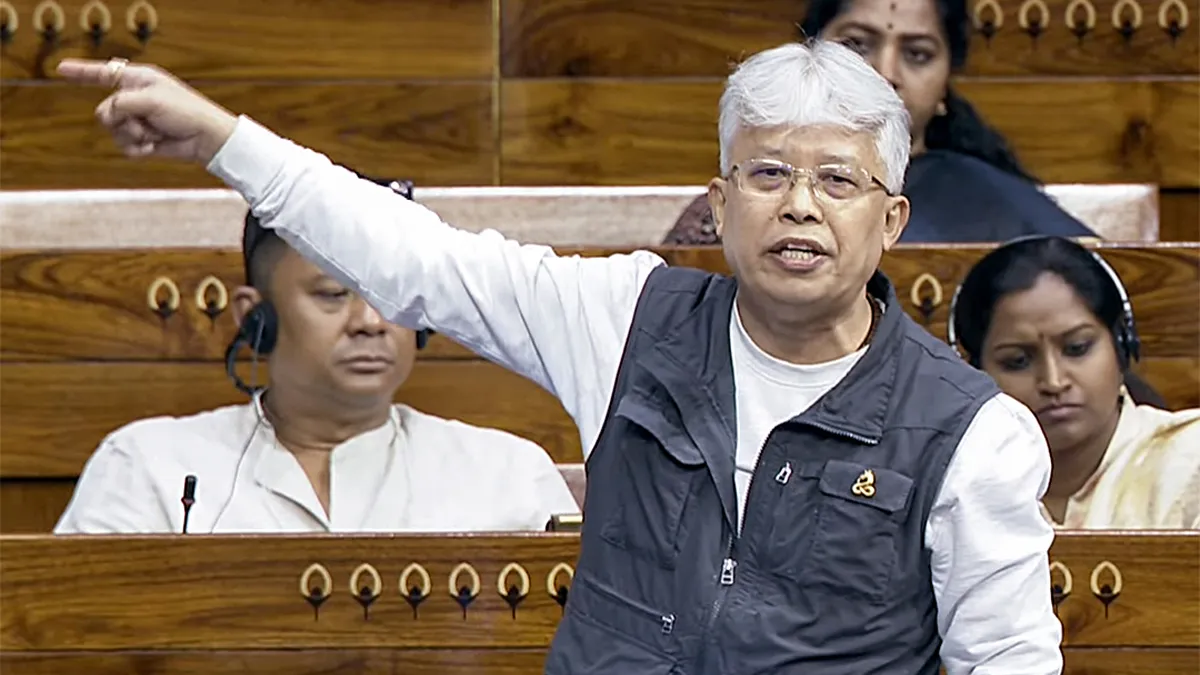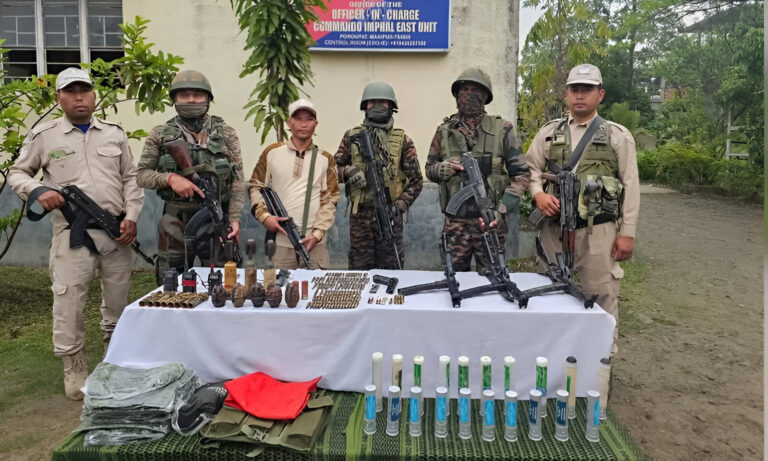MP Bimol Akoijam Slams Centre Over Manipur Bills Passed Without Debate in Lok Sabha
Summary
On August 8, 2025, Congress MP Bimol Akoijam from Inner Manipur publicly rebuked the Lok Sabha’s decision to pass the Manipur GST (Amendment) Bill and the Appropriation Bill, 2025 without any debate. He decried this omission as “unfortunate” amid a severe economic crisis that has left 60,000 people homeless, thousands of homes destroyed, and livelihoods shattered. Akoijam questioned whether the Centre had even consulted Manipur’s party leaders or MLAs, labeling the rushed passage as “unilateralism, not federalism,” and called the allocation of ₹500 crore for rehabilitation “nothing but sprinkling salt on the wound”
Introduction: A Democracy in Debate—Or a Silence in Session?
Have you ever watched a play where the final act is skipped? That’s how many in Manipur felt when the GST Amendment and Appropriation Bills sailed through the Lok Sabha without a single word of discussion. Imagine pouring your heart out on an important matter only to see the ‘Reply to Debate’ skipped—your voice muffled by procedural haste. That’s what unfolded on August 8, 2025, when Manipur’s own MP, Bimol Akoijam, stood up to challenge the Centre’s decision.
From Silence to Sound—Reclaiming Democratic Space
When a bill bypasses debate, citizens lose their right to be heard. By challenging this practice, MP Bimol Akoijam reminded us that meaningful governance demands dialogue, not monologue. As Manipur rebuilds homes and lives, let us also rebuild our democratic ethos—where every state’s voice echoes in the halls of power.
FAQs
1. Why did MP Bimol Akoijam oppose the passage of the Manipur bills?
He argued that passing the Manipur GST (Amendment) Bill and the Appropriation Bill, 2025, without debate violated democratic norms and neglected Manipur’s severe economic crisis
2. How severe is Manipur’s economic and humanitarian crisis?
According to reports, over 60,000 people are homeless, thousands of homes destroyed, and livelihoods disrupted—numbers that demand far more than the ₹500 crore allocated for rehabilitation
3. What does “unilateralism, not federalism” mean in this context?
It refers to the Centre making decisions affecting Manipur without consulting state representatives—contrary to the collaborative spirit envisaged by India’s federal structure
4. What alternative measures did Akoijam propose?
He suggested phased compensation packages, decade-long tax exemptions to spur investment, and joint Centre–State budget committees to ensure informed debates and inclusive policymaking
5. How can citizens ensure future bills undergo proper debate?
Public engagement through petitions, media advocacy, and direct communication with MPs can pressure Parliament to uphold debate norms and strengthen democratic accountability.



